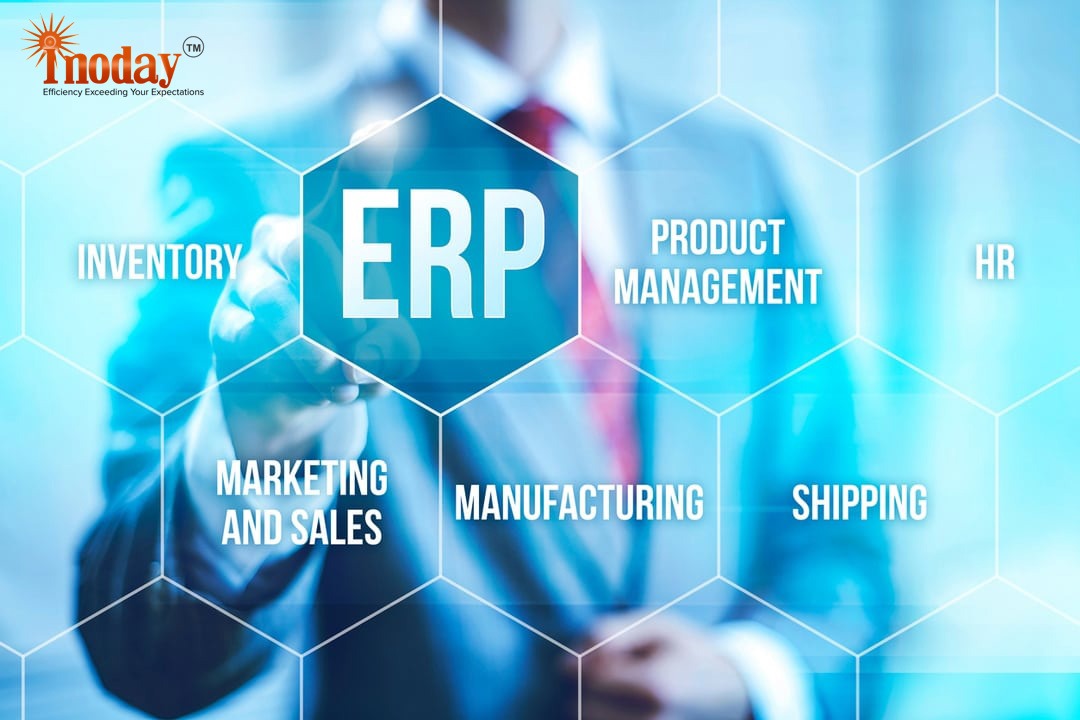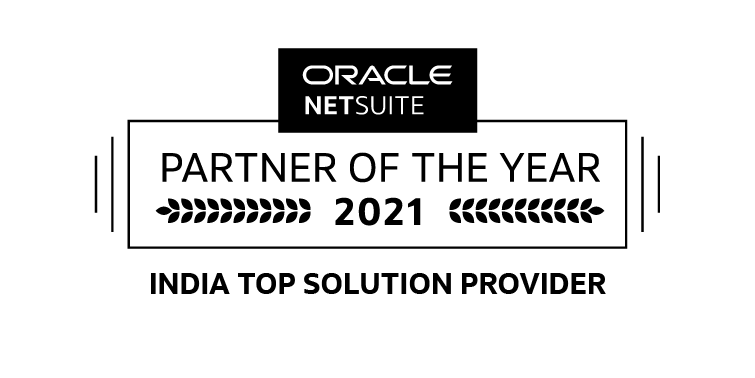Table of Contents
What Is NetSuite?
NetSuite utilizes the software as a service (SaaS) model. With NetSuite ERP, clients pay a subscription expense to get to the innovation however are not liable for any foundation or framework support, including buying and setting up servers, introducing programming or testing and sending patches and redesigns. Oracle NetSuite handles all of that for clients, with two new software updates each year.
The SaaS model additionally gives versatility. Organizations going for NetSuite Implementation can add functionalities as they need it without stressing over foundation and staff assets. For instance, a B2B manufacturer might add NetSuite’s internet business module after it chooses to begin selling on the web.
At last, NetSuite ERP gives organizations visibility and control through a single source of real-time data and the capacity to include modules the fly. That builds their productivityand agility.
What Makes NetSuite Different from other Cloud Solutions?
Unified Business View
NetSuite ERP empowers any firm to maintain its whole business from a solitary stage. It unites finance, store network, assembling, HR, ecommerce on one framework, with one data set, as opposed to involving dissimilar software for every one of those capabilities. Employees basically sign in and, with a couple of snaps, screen the status and execution of any part of their operations. At standard NetSuite Pricing, business administrators can oversee their entire business at a single instance.

Native Integrations
All NetSuite applications feed data into, and pull it from, the central database to guarantee there’s just a single wellspring of information. The platform’s natively integrated modules discredit the requirement for third-party integrations that might be questionable or incapable to help real-time updates. This unified engineering conveys a typical UI across all modules; that diminishes preparing time and gets individuals useful quicker. This model likewise permits clients to finish request to-cash, secure to-pay and other multi-step processes from a single application without returning or sending out data.
True Cloud
NetSuite ERP was born in and built for the cloud. In contrast, many ‘cloud’ ERP systems information into, and pull it from, the central database to ensure there’s only one source of knowledge. The platform’s natively integrated modules negate the need for third-party integrations that may be unreliable or unable to support real-time updates. This unified architecture delivers a common user interface across all modules; that decreases NetSuite Training time and gets people productive faster. This model also allows users to complete order-to-cash, procure-to-pay and other multi-step processes from a single application without re-entering or exporting information.

Deep Reporting
The vast amount of data flowing from departments and business units into the NetSuite ERP platform fuels its extensive reporting capabilities. Users can pull reports regarding everything and anything they might need to gauge or comprehend, on account of the system’s built-in reporting tools. NetSuite also plays part based dashboards that rapidly give representatives, chiefs and leaders the data they need to go with informed choices.
Built-In Flexibility
NetSuite can serve a broad array of industries not only because it comes with impressive functionality, but since it can adjust to meet the necessities of various organizations. The stage can be NetSuite ERP platform can be customized or personalized to accommodate your business cycles and corporate structure through SuiteCloud applications and tools, whether you’re a global brand with multiple legal units or a startup actually fabricating its most memorable item.
How Does NetSuite Work?

All NetSuite solutions are rendered through the cloud in a subscription model. NetSuite was a cloud pioneer and stays fully committed to that deployment model. For the most part, under NetSuite implementation, noon-premises options are offered.
NetSuite ERP is a multi-tenant cloud solution, which means that all customers run on the same version of the software. It also means that its back-end infrastructure receive updated versions, automatically and regularly. Each customers’ data is stored and secured separately. This creates economies of scale because everything runs on the same code.
Clients access the platform safely through a browser from any gadget, whether a PC, cell phone or tablet. This adaptability engages business administrators to track the performance of their business and be made aware of any issues paying little heed to where they are, inasmuch as they have a web or internet connection. Role-based access gives approved employees the data they need to succeed in their jobs without survey information not applicable to their positions.
NetSuite clients access all ERP modules, and the functionality inside them, through a single sign-on-portal — all the critical data and tools required to maintain your business are in one spot. Customers can utilize basic intuitive, drag-and-drop tools to customize their home dashboard with the measurements, diagrams, charts, updates, and alternate routes that are generally basic to their jobs.
What is NetSuite used for?
NetSuite ERP is used for managing key business processes with a single, unified cloud-based system. With NetSuite Implementation, businesses can automate processes including
- Enterprise Resource Planning
- Finance Management
- Supply Chain Management
- Customer Reltionship Management
How NetSuite Can Be Customized to Meet Your Unique Business Requirements?
NetSuite’s SuiteCloud platform allows customers and partners to expand the system’s abilities and customize it to their accurate business needs. This gives customers the adaptability to address the moving business difficulties of today and tomorrow. There’s no threat of version lock, as all customizations consequently extend with platform upgrades.
Customizations
This tool makes it easier for developers to create custom fields, structures, records and jobs. With SuiteBuilder, organizations can change NetSuite ERP system to reflect their organizational structure and terminology.
Process Automation
Developers can build custom workflows for various business processes with SuiteFlow. They can utilize a natural UI to automate processes like lead nurturing and endorsements for purchase orders and sales discounts.
Platform Development
Developers and NetSuite administrators can create almost any new application or process they can think of with this tool. They perform this function through JavaScript application scripting, and SuiteScript can debug their code.
NetSuite Integration
SuiteTalk allows developers to create custom integrations for smooth data flow from NetSuite to third-partysoftware applications.
Application Distribution
With the deployment of this tool, both customers and partners can bundle customizations and applications they develop for faster and easier deployment. SuiteBundler makes it simpler for partners to send out new versions of these applications, and for customers to apply customizations to different accounts.
Internationalization
Businesses can create an environment for end-users, and administrators that feels completely natural no matter which local language, currency, or tax and accounting rules apply to your global company or offshore legal units.
Performance Monitoring
Performance health dashboards provide visibility into systems health to keep up with maximum performance and stability of your NetSuite account to guarantee business continuity and keep clients productive, and incorporate coordinated instruments to quickly distinguish underlying driver issues influencing product experience.
Frequently Asked Questions
What is an ERP NetSuite?
NetSuite is the most widely deployed cloud Enterprise Resource Planning, or ERP solution worldwide. Its ERP system is engineered to manage core business functions. These may cover finance and accounting, inventory, orders, supply chain,warehouse, wholesale distribution, ecommerce, and more.
Is NetSuite SQL based?
Yes. NetSuite is an advanced and well-crafted database at its core with a user-friendly interface, which is managed through SQL.
Is NetSuite free?
To make the most of the platform, businesses are required to pay an annual license fee. Also, it has one-time setup or installation fee. This fee is based on factors, including modules and number of users a business chooses.So far, there is no free version available of NetSuite.
Where is NetSuite used?
The key uses of NetSuite can be seen for enterprise resource planning (ERP), financial management, e-commerce, omnichannel commerce, customer relationship management (CRM), and professional services automation (PSA). Businesses across Manufacturing, Services, Ecommerce, Supply Chain, Warehouse, Wholesale Distribution, Finance, Non-profit, Transport and Logistics, Media and Publishing, Hospitality industries can make the most of NetSuite software.
Is NetSuite or SAP better?
As both the ERP modules manage the manufacturing and supply chain, NetSuite is considered better than SAP for those companies who do not need any marketing or HR modules. SAP is a professional service that comes with in-depth human resource capital feature.
For more details on NetSuite ERP for your Business, write to us at info@inoday.com Or Schedule A Demo








